Three quiet destinations to consider as the rush to the airports begins
As quarantine restrictions are lifted for many destinations, the summer holiday is now back on the agenda, says Chris Carter.

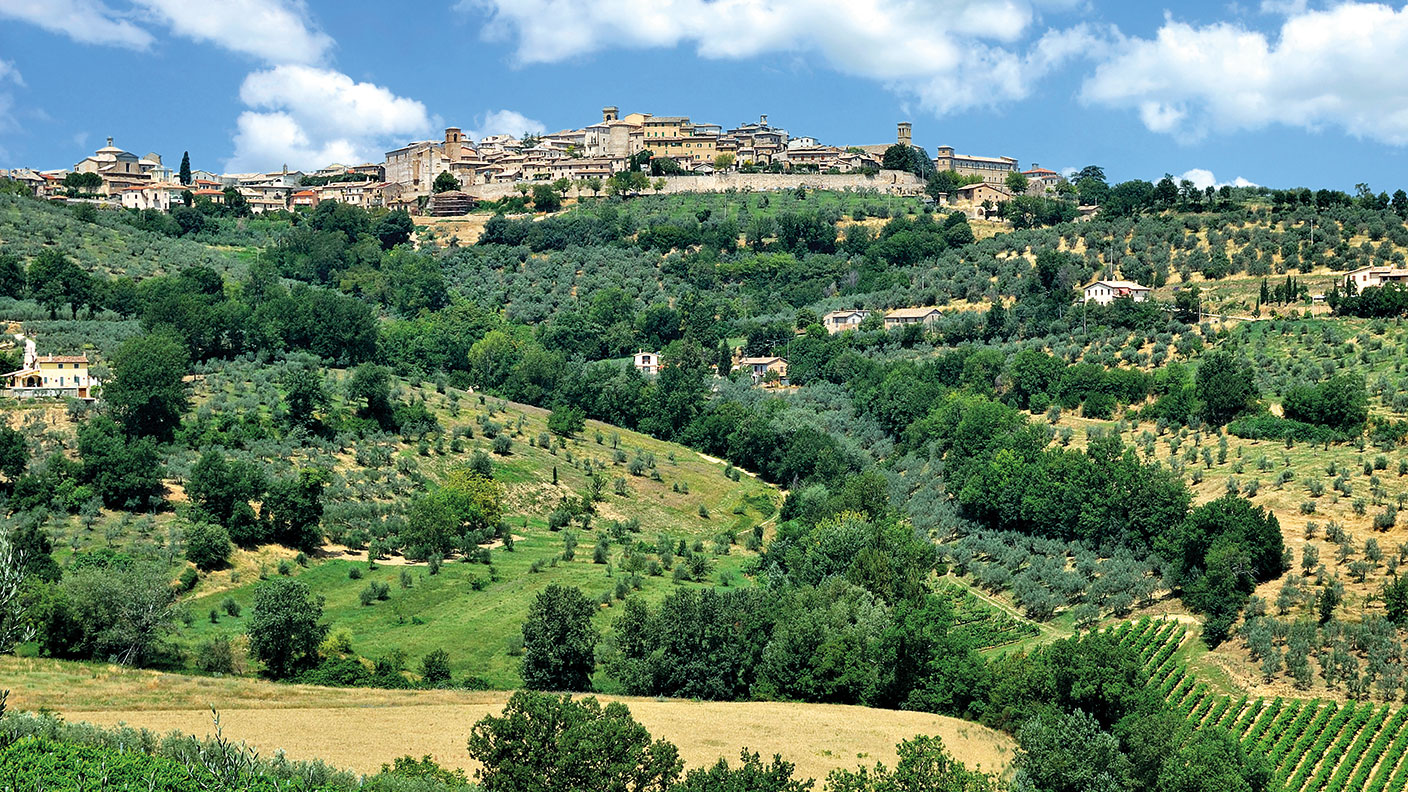
Get the latest financial news, insights and expert analysis from our award-winning MoneyWeek team, to help you understand what really matters when it comes to your finances.
You are now subscribed
Your newsletter sign-up was successful
Want to add more newsletters?

Twice daily
MoneyWeek
Get the latest financial news, insights and expert analysis from our award-winning MoneyWeek team, to help you understand what really matters when it comes to your finances.

Four times a week
Look After My Bills
Sign up to our free money-saving newsletter, filled with the latest news and expert advice to help you find the best tips and deals for managing your bills. Start saving today!
From 10 July, those in England should be able to travel abroad for our holidays without needing to be holed-up at home for 14 days on our return (see below). The creation of “air bridges” will do away with the requirement to quarantine following visits to France, Italy, Spain and other countries. Air bridges to other destinations are expected to follow in the coming weeks. Here are three quiet places to visit for a summer holiday without the crowds.
Italy’s borghi bonanza
Italians are holidaying again in their own country, but they are still wary of busy tourist hotspots, says James Imam in The Guardian. So Italy’s borghi (villages) are seizing their moment in the sun. The “obscure” village of Campli, in the central region of Abruzzo, for example, is encouraging tourists to visit. And it “is not short of attractions, with churches frescoed by students of Giotto and Raphael, “acres of lush woodland” and Abruzzo’s Sagra della Porchetta, a traditional festival in which locals feast on pork.
It’s a similar story elsewhere. “Montefalco, an Umbrian town known for dense, full-bodied sagrantino wines, kicked off the tourist season with a village-wide alfresco lunch.” Puglia, in the “heel” of Italy, has lauded its “magnificent 11” most beautiful villages, “from higgledy-piggledy Pietramontecorvino to picture-postcard Roseto Valfortore”.
MoneyWeek
Subscribe to MoneyWeek today and get your first six magazine issues absolutely FREE

Sign up to Money Morning
Don't miss the latest investment and personal finances news, market analysis, plus money-saving tips with our free twice-daily newsletter
Don't miss the latest investment and personal finances news, market analysis, plus money-saving tips with our free twice-daily newsletter
Long summer nights in Spain
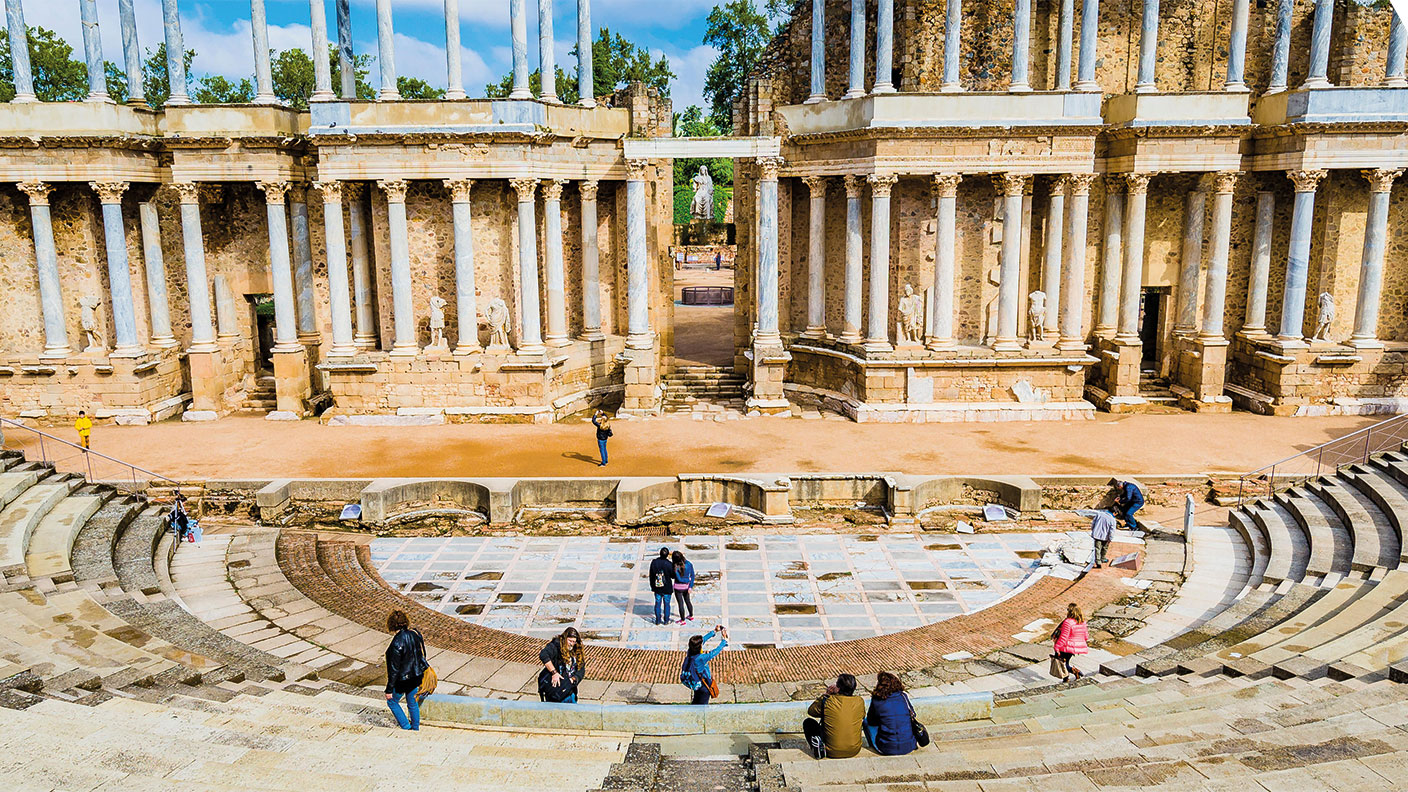
That Extremadura is Spain’s remotest region is usually to its disadvantage, says Peter Barron in The Daily Telegraph. “It has never attracted the visitors it deserves.” But as Spain opens its doors to visitors again, this region in the southwest is well placed to “reap the benefits of a new form of tourism, far from the crowded bars and beaches of the coast”.
The regional capital, Mérida, was once an important outpost of the Roman empire. It has the best-preserved Roman ruins outside of Italy, “except here you will often have them to yourselves”. On summer nights its “magnificent” Roman theatre hosts a month-long season of classical drama and music (festivaldemerida.es), which the organisers are hoping will still go ahead at the end of July, with social-distancing measures in place.
Stay at the Ilunion Mérida Palace hotel (ilunionmeridapalace.com; doubles from £85), which is “perfectly situated for an after-show gin tónica on the Plaza de España”.
A peaceful French ideal
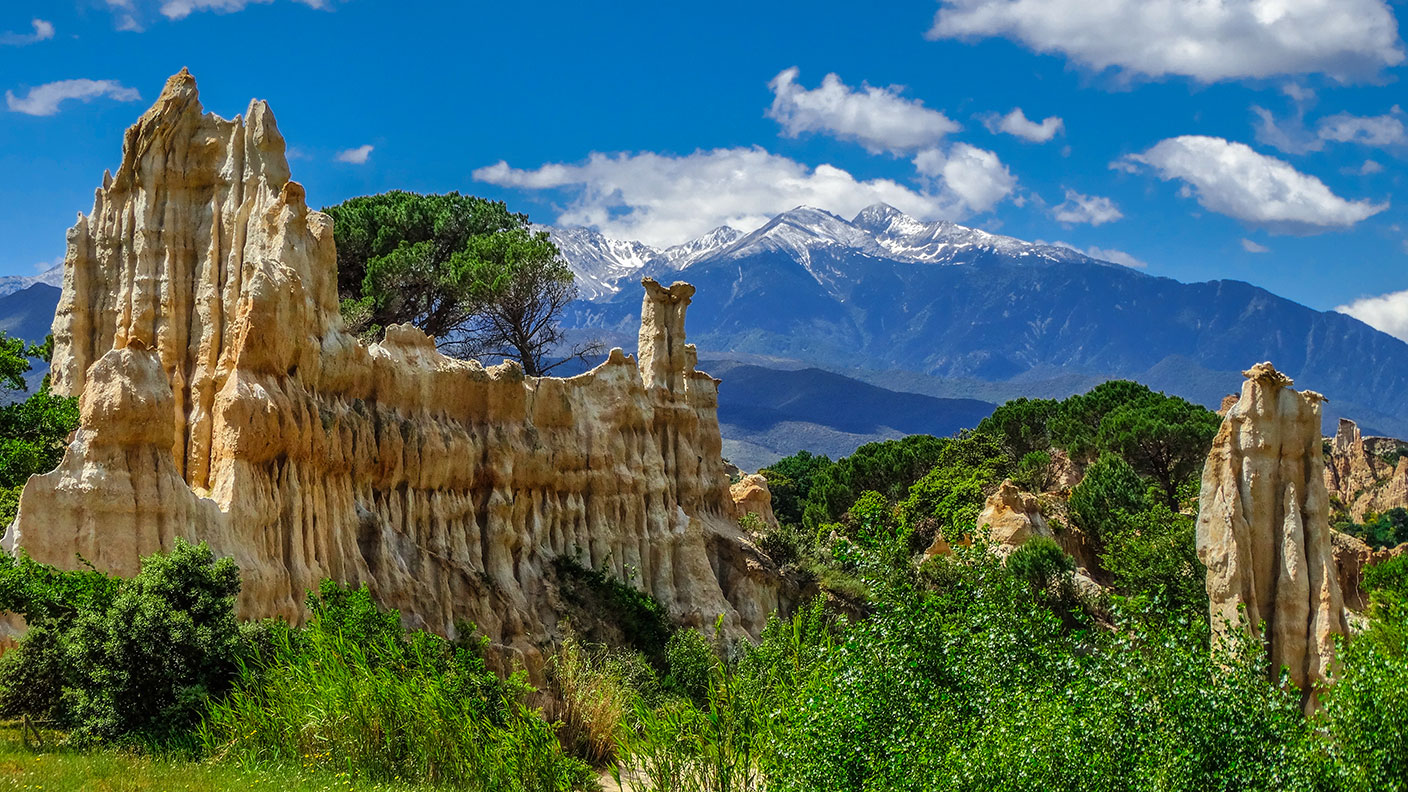
Thuir is a small rural commune about 20 minutes’ drive from Perpignan in the southwest of France, not far from the Spanish border, says Marie-Claire Chappet in Spectator Life. “Its medieval lanes are winding and labyrinthine, like a Provençal village with a slight Spanish flavour; red roof tiles and the Pyrenees looming in the distance.” The village squares are “quiet and un-touristy” and perfect for a café au lait or the area’s most famous product, the wine aperitif, Byrrh, made from red wine, mistelle and quinine.
Thuir is also a short drive from Les Orgues – “an unusual rock formation reminiscent of the Grand Canyon”. Or you can hop aboard the famous Train Jaune, which snakes through the Pyrenees and stops at Villefranche-de-Conflent, with its medieval fortress. And the “stunning sandy beaches” at Argelès-sur-Mer lie roughly a half-hour drive away.
The long-awaited air bridges
From early June, passengers arriving in the UK have had to complete a form 48 hours before their arrival, providing information about their journey and where they are to spend their 14 days in self-isolation (or risk a £100 fine). The form can be found on the Gov.uk website, along with full details, certain exceptions and any updates to the rules. (As always, it’s worth keeping an eye out for changes.)
Hopes that summer holidays would be back on from Monday 6 July emerged last week as details of a new “traffic light” system began to surface. Under the system, “air bridges” or “international travel corridors” to certain low-risk countries would be created in phases, removing the 14-day quarantine rule. Fifteen to 20 countries, including France, Italy and Spain (see above), were expected to be in the first wave.
Despite the lack of clarity on where we would be able to go, many of us, it seems, couldn’t bear the thought of cancelled holidays abroad this summer. Holiday bookings were up by half last week compared with the previous seven days, according to Tui, Europe’s biggest tour operator.
But beware, says Graeme Paton in The Times. The government has said that a “strict handbrake mechanism” will see the return of the self-isolation requirements should an outbreak of Covid-19 occur in any of the countries unlocked by the scheme.
Get the latest financial news, insights and expert analysis from our award-winning MoneyWeek team, to help you understand what really matters when it comes to your finances.

-
 Should you buy an active ETF?
Should you buy an active ETF?ETFs are often mischaracterised as passive products, but they can be a convenient way to add active management to your portfolio
-
 Power up your pension before 5 April – easy ways to save before the tax year end
Power up your pension before 5 April – easy ways to save before the tax year endWith the end of the tax year looming, pension savers currently have a window to review and maximise what’s going into their retirement funds – we look at how
-
 Adventures in Saudi Arabia
Adventures in Saudi ArabiaTravel The kingdom of Saudi Arabia in the Middle East is rich in undiscovered natural beauty. Get there before everybody else does, says Merryn Somerset Webb
-
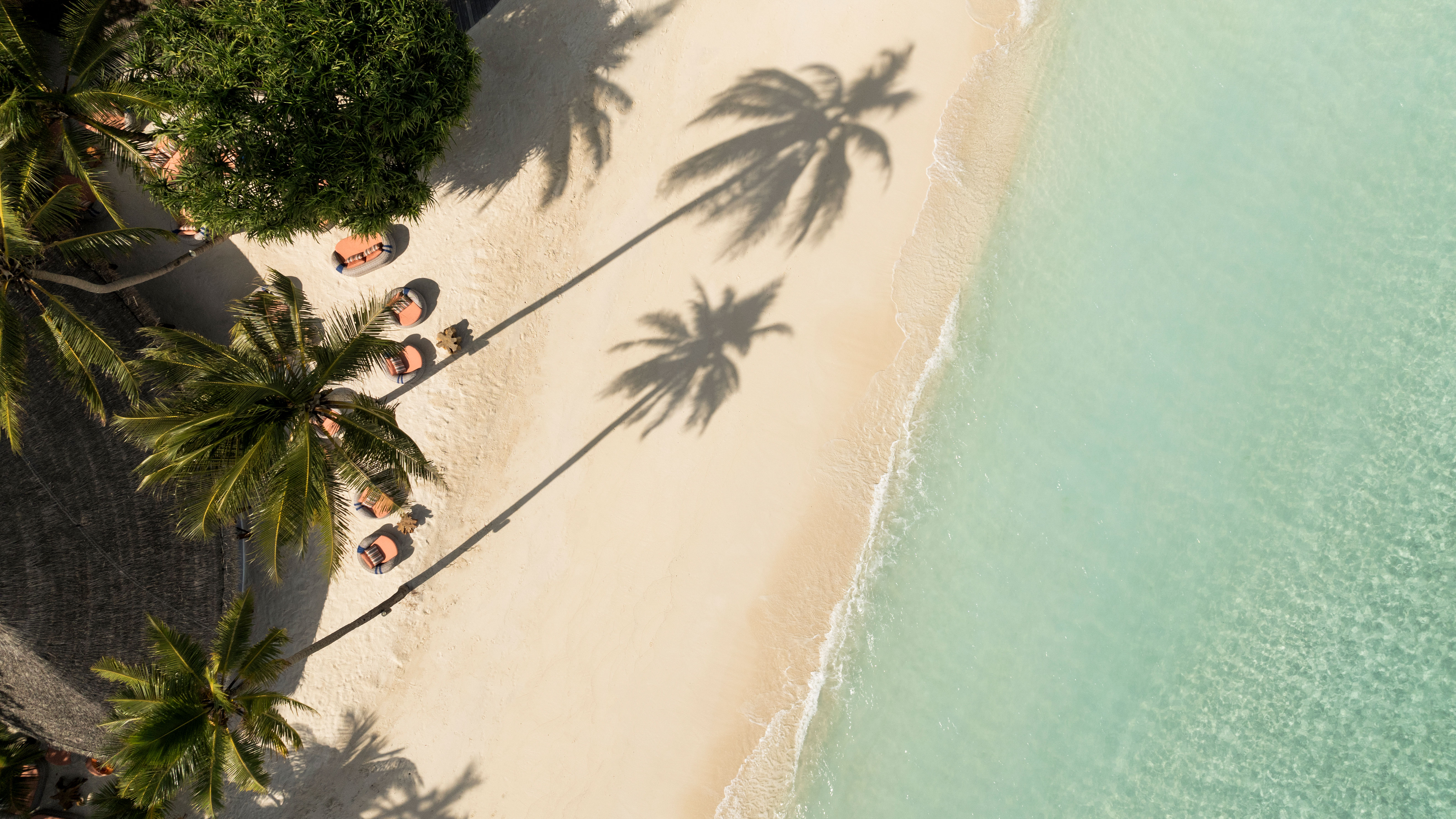 Review: Constance Moofushi and Halaveli – respite in the Maldives
Review: Constance Moofushi and Halaveli – respite in the MaldivesTravel The Constance resorts of Moofushi and Halaveli on two idyllic islands in the Maldives offer two wonderful ways to unwind
-
 Affordable Art Fair: The art fair for beginners
Affordable Art Fair: The art fair for beginnersChris Carter talks to the Affordable Art Fair’s Hugo Barclay about how to start collecting art, the dos and don’ts, and more
-
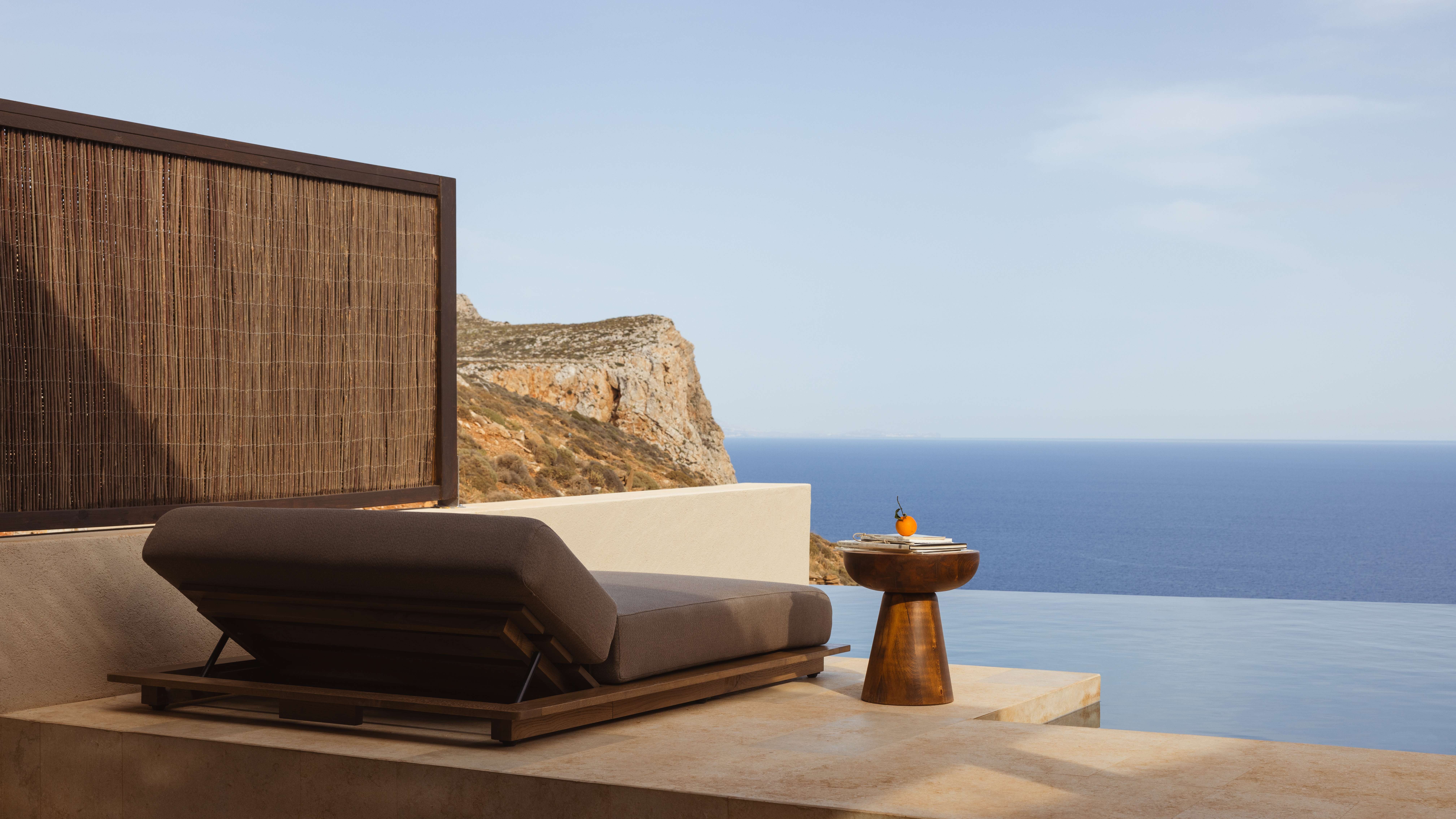 Review: Gundari, a luxury hotel in the Greek island of Folegandros
Review: Gundari, a luxury hotel in the Greek island of FolegandrosNicole García Mérida stayed at Gundari, a luxurious hotel on Folegandros, one of the lesser-known islands in the southern Cyclades in Greece
-
 Fine-art market sees buyers return
Fine-art market sees buyers returnWealthy bidders returned to the fine-art market last summer, amid rising demand from younger buyers. What does this mean for 2026?
-
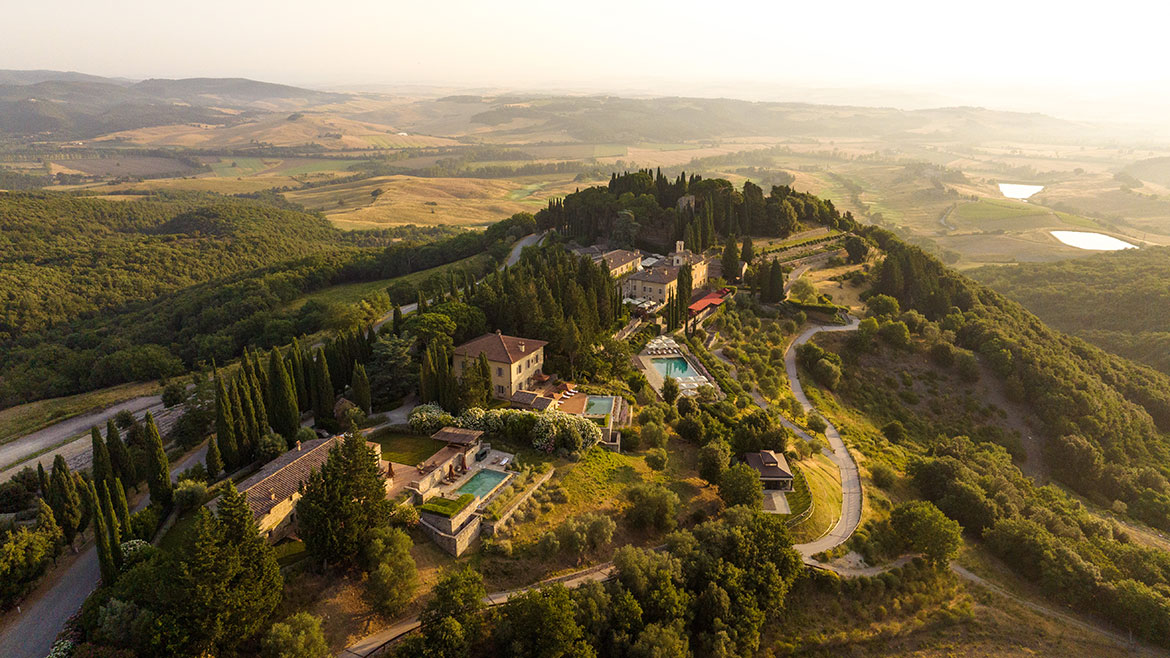 Review: Castiglion del Bosco, A Rosewood Hotel – a Tuscan rural idyll
Review: Castiglion del Bosco, A Rosewood Hotel – a Tuscan rural idyllTravel Play golf, drink exquisite wine and eat good food at Castiglion del Bosco, A Rosewood Hotel, all within the stunning Val d’Orcia National Park in Tuscany
-
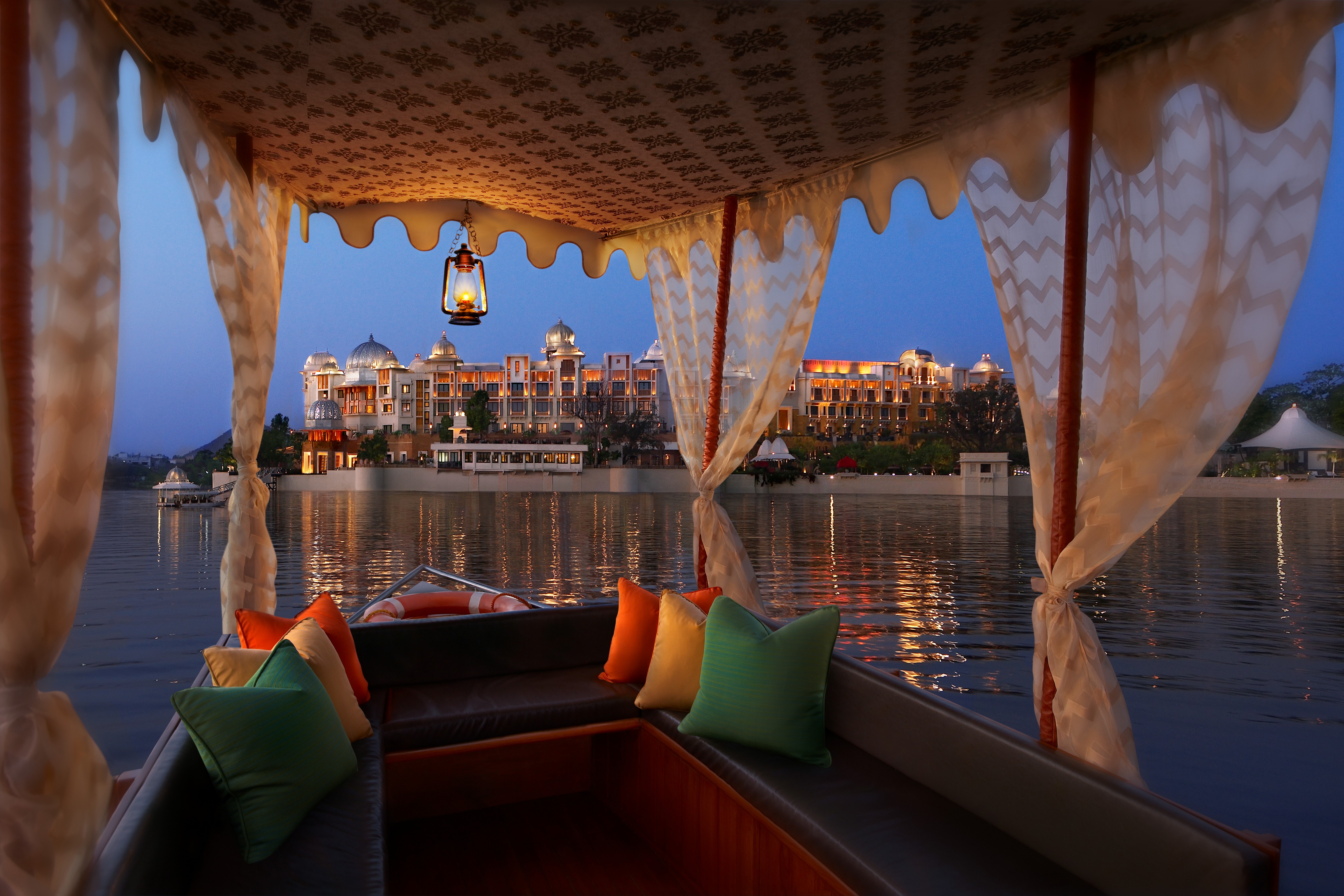 Review: A cultural tour of North India
Review: A cultural tour of North IndiaTravel Jessica Sheldon explores North India's food and art scene from three luxurious Leela Palace hotels in New Delhi, Jaipur and Udaipur
-
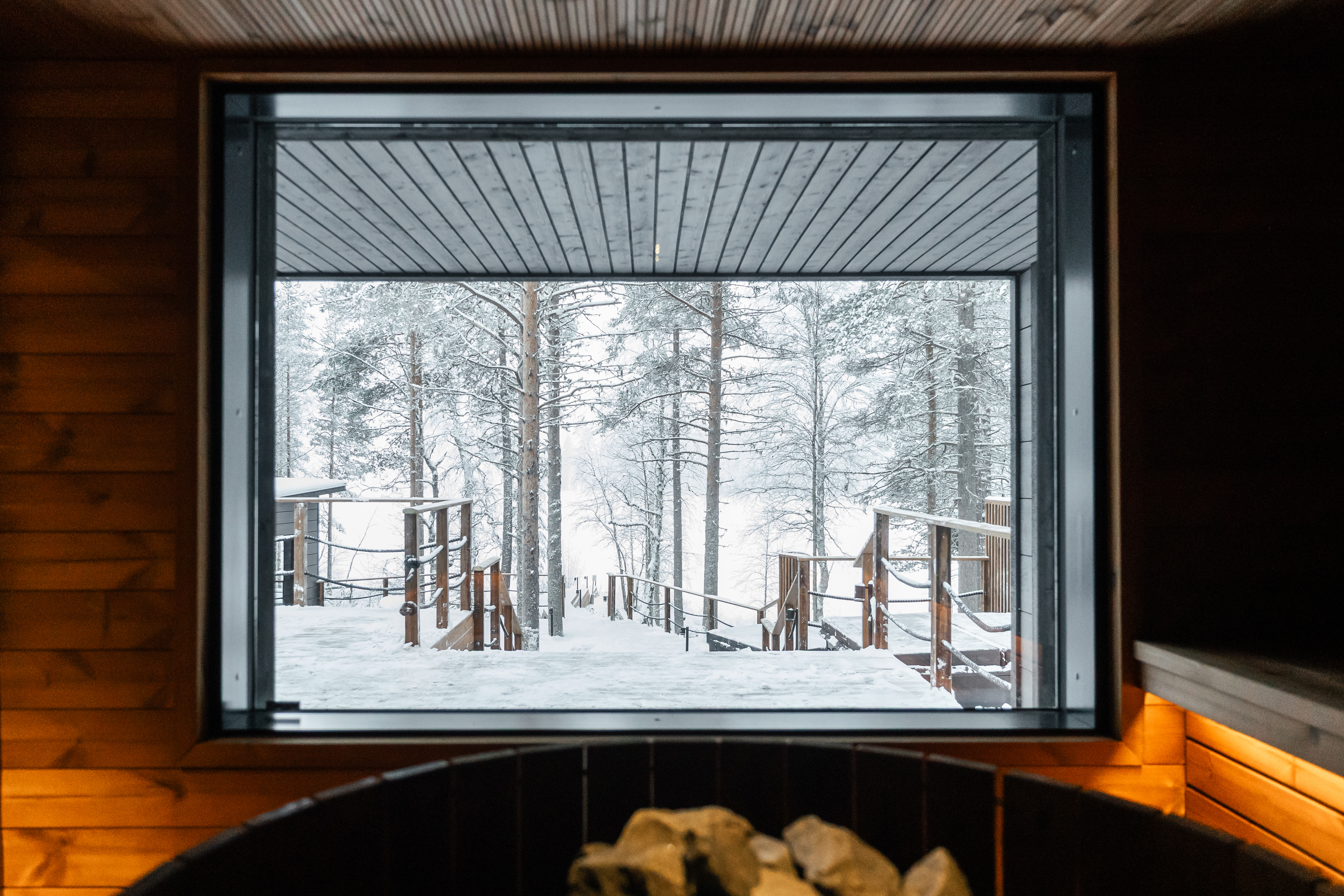 The best luxury saunas, spas and icy plunges
The best luxury saunas, spas and icy plungesRestore your mind and body with luxury fire and ice experiences, from warming saunas to icy plunges